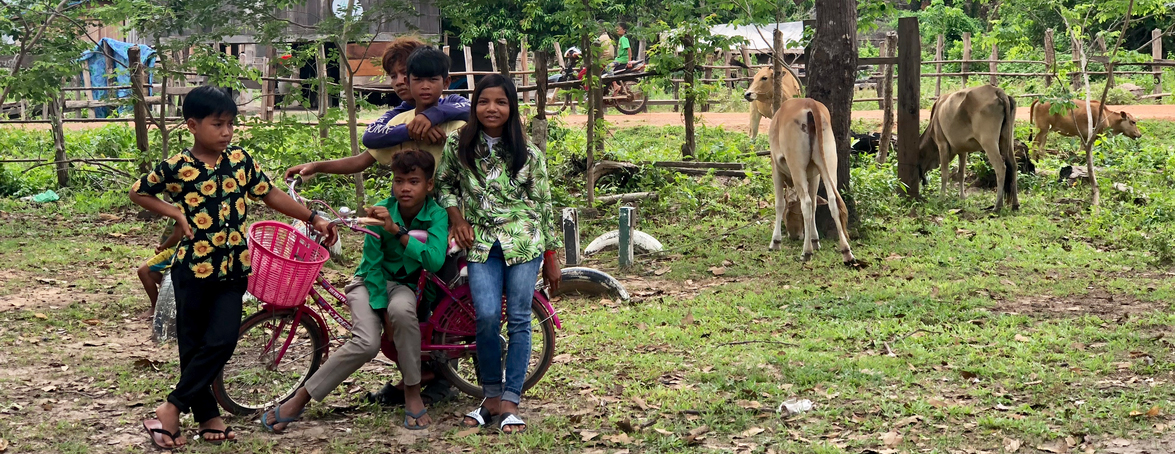 Background
Background
The Greater Mekong Subregion (GMS) is a biodiversity hotspot, one of the last regions where a rich diversity of iconic wildlife species can be found. While internationally wildlife has received plenty of attention, protection on the ground is often compromised by many factors. On this basis, APFNet initiated the establishment of the APFNet Transboundary Wildlife Conservation Initiative (@Wild) in 2018, inviting relevant departments of wildlife protection in the region to strengthen cross-border cooperation on wildlife protection, to provide a platform for exchanging information and policy discussions, to support cross-border cooperation, and to enhance the level of regional conservation and management.
 Vision
Vision
@Wild’s vision is to contribute to a future in which, during the next few decades, wildlife in cross-boundary areas in the GMS region is better conserved and fewer species and forest ecosystems are endangered. Furthermore, the relationship among wildlife, livelihood and forest management can be fully recognized and is reflected in the planning and decision-making process in the forestry and wildlife sectors.
 Objectives
Objectives
· Enhance the level of formal cooperation in the area of wildlife conservation among member economies;
· Strengthen cross-boundary cooperation and experience sharing on wildlife conservation issues; and
· Raise awareness about and develop comprehensive wildlife habitat management guidelines for sustainable and ecological forest management.
 Target group
Target group
The primary target group of the initiative is government officials working in wildlife conservation departments. The secondary target group is government officials working in departments that are at times also confronted with wildlife conservation issues.

 Background
Background Vision
Vision Objectives
Objectives Target group
Target group